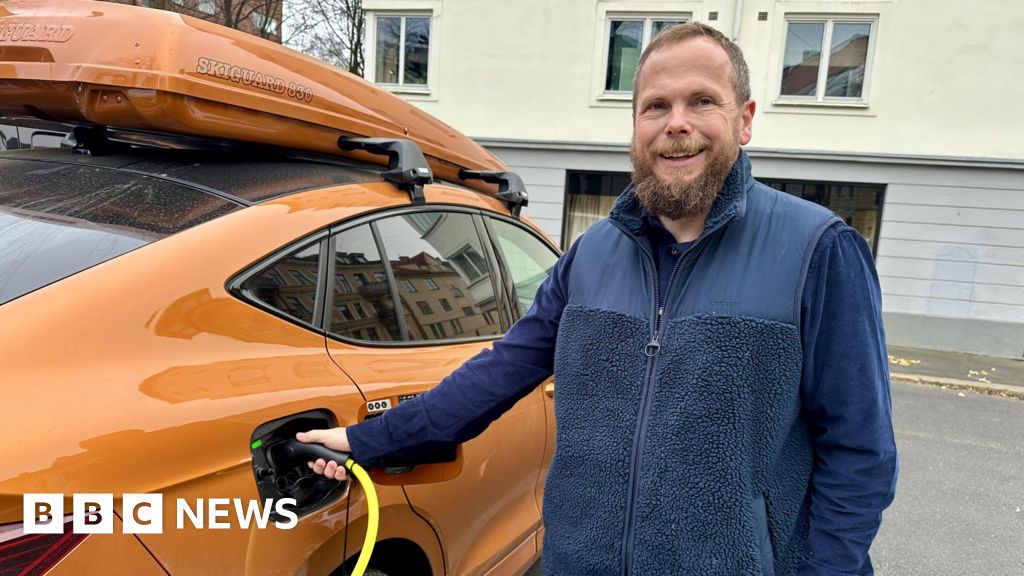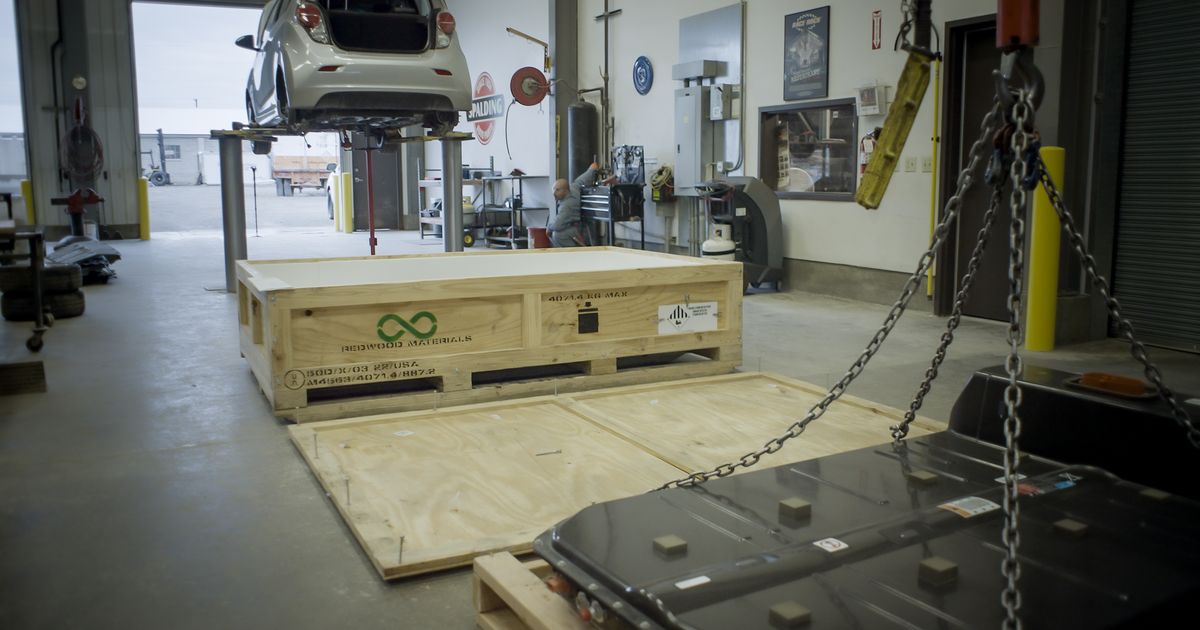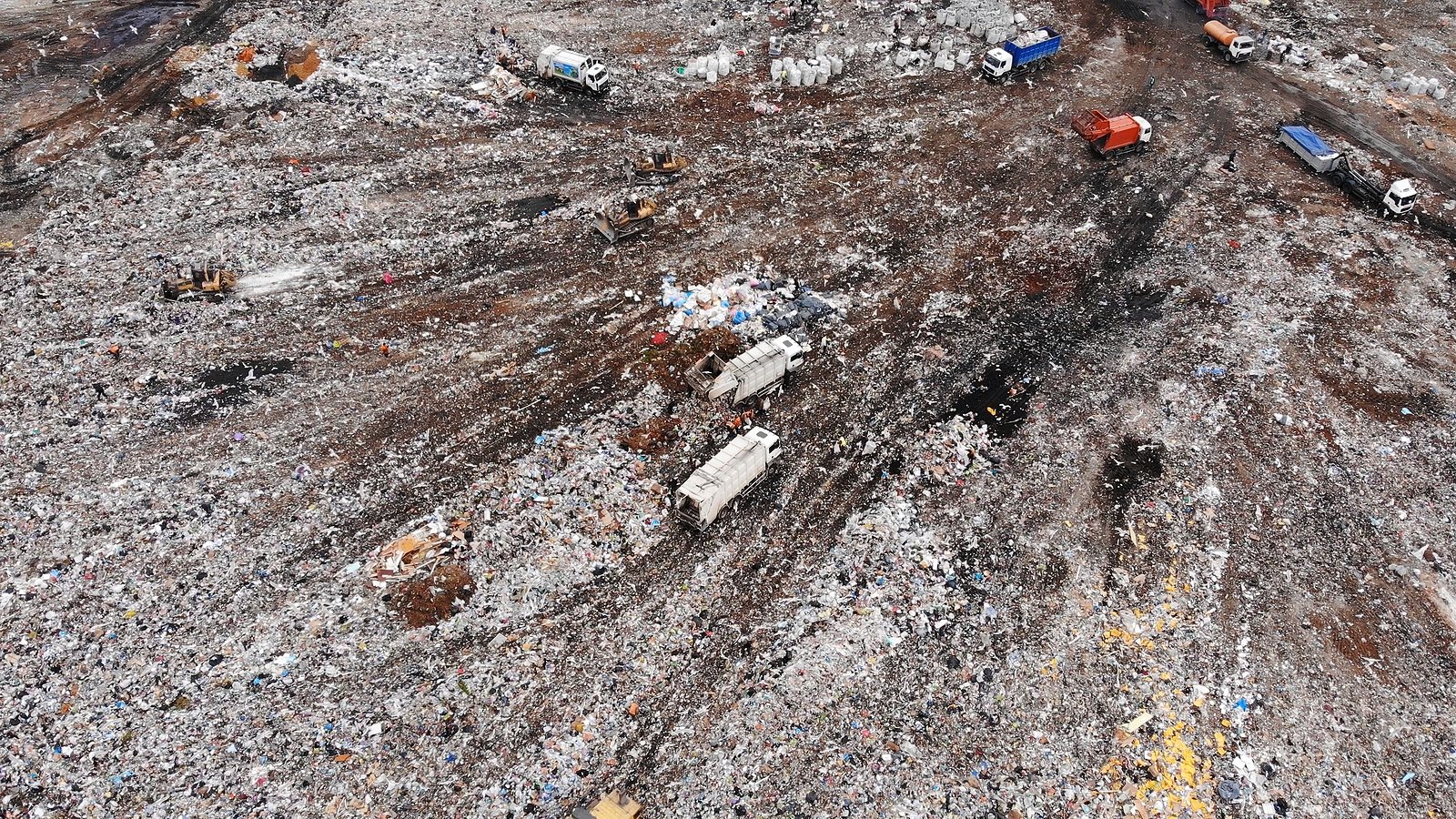Yes it works anywhere, not the point. Let me give you a real world example. In Ohio I need double the solar capacity versus Denver Colorado.
You shouldn't, but let's say you are right.
Let's hypothesize that rooftop solar for a typical suburban home currently costs around $35,000. Yes, it'll be more effective to put that array in a sunnier location.
However, the point is that solar panel costs keep dropping. If that same array costs $30k, then $25k, then $20k, then it's going to make more and more economic sense to add that array.
Rooftop solar is already half the cost it was 10 years ago. It probably won't continue to drop
that fast, but it will continue to fall.
Uh No it does not. The panels in real life degrade and lose capacity to the point where even 18 years is pushing it depending on the environment.
FYI, industry lifespan is closer to 30 years now.
ALL of these things depend on a fossil fuel dependent industrial base.
No, they don't. They depend on an industrial base, but not one powered exclusively by fossil fuels. You'll need
some plastic
Not all things recycle well. Wind turbine blades for example. Doubt shipping my dead panels somewhere is worth it either.
It's not 2010, blades today can be mostly recycled. The remaining waste is a
tiny fraction of waste generated by fossil fuels.
Old panels don't completely die, they just produce less power. As long as they aren't broken or unsafe, they can be sold to a secondary market and reused.
These systems have their place but they are not just plug and play usable anywhere despite all the hype and BS out there. Don't believe. Spend the $$ and try it.
Again, you're conflating
residential and
industrial. These are very,
very different. Industrial wind and solar are
much more efficient, both in terms of output and cost, than residential.
As a result, you aren't even thinking about what goes into producing something like a natural gas power plant. Those are massive installations that produce tons of waste, incur costs to transport the gas to the power station, and pollute environments in more ways than GHG emissions.
Surely you don't think that building a new fossil fuel plant, or a nuclear power plant, is "plug and play?"










